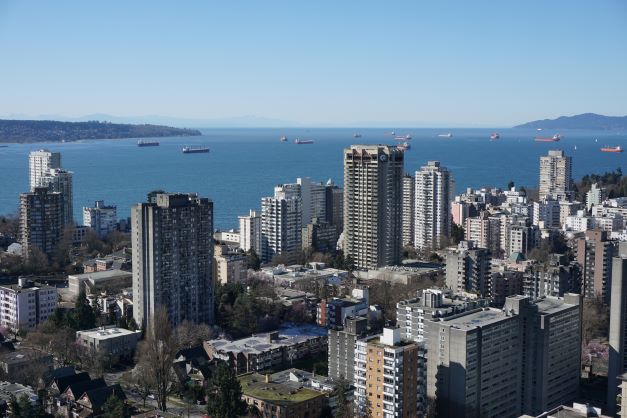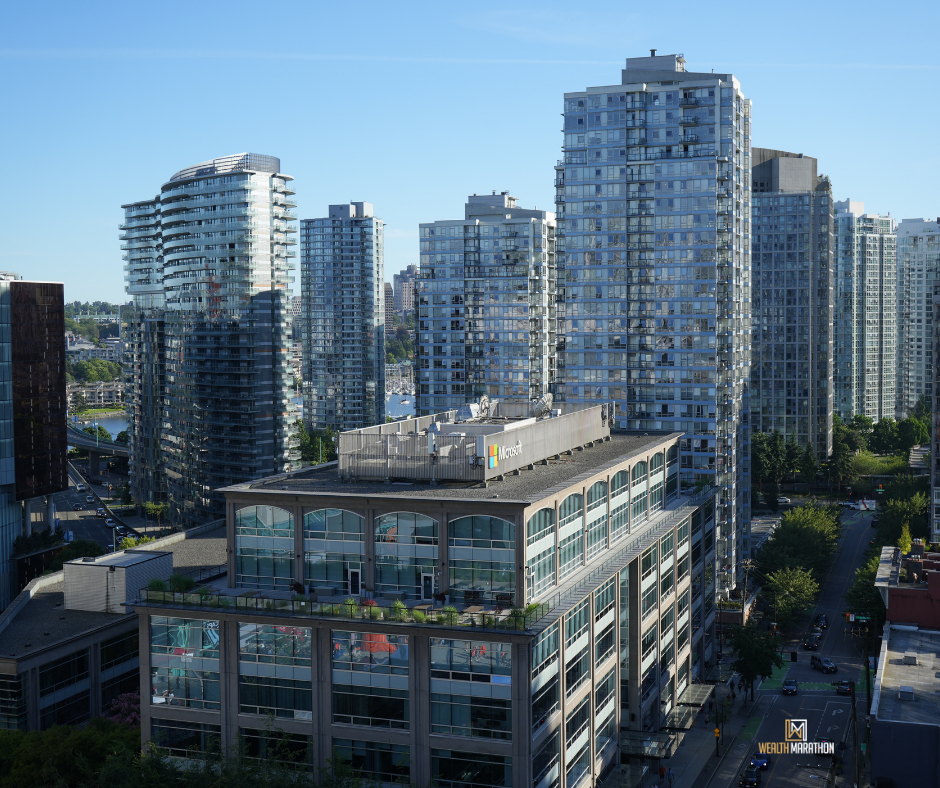The Impact of Foreign Home Ownership in Canada’s Housing Market

It’s much easier to simplify a complex issue to a single tagline than to accept the complexity of the problem or situation. The recent unaffordability housing crisis is such an example. Everyone has an idea about what’s causing Canada’s unaffordability housing crisis, but two potential causes are often accepted as possible driving forces; excessive speculation and foreign buyers.
The thought process goes something like this. Given that the average Canadian income isn’t sufficient to buy the average property in Canada, it must be rich foreigners buying up property and overpaying for them, which drives prices to levels the local buyer cannot afford. Governments further support this thinking with the policy they pass. For example, Canada’s largest housing markets, such as Vancouver and Toronto, have introduced a foreign buyer tax to tackle foreign ownership in their market.
But how true is that belief? Among local Vancouverites, it’s true enough. While I have some thoughts on why that thought process is false, let’s first look at Statistic Canada’s data on foreign ownership.
According to Statistic Canada, non-residents owned 4.8% of residential properties in Vancouver, while the total value of those holdings amounted to 5.1% of the total residential property value. The data showed a similar result for Toronto, which showed that non-residents owned 3.4% of all residential property in Toronto, amounting to 3% of the total property value in the CMA.
What the Data Tells Us About Foreign Home Ownership in Canada
Based on this data, we can confirm that foreign buyers are buying property in the Vancouver and Toronto area market. However, most property owners in the Vancouver and Toronto area are local residents, not foreign owners.
The data also confirm that foreign buyers play a role, but their ownership and value levels don’t represent the majority of the market. Therefore, their public influence doesn’t match what the actual data says.
The report also found that most non-residents own a condominium, considering most of the debate is usually around single-family homes. Non-residents appear to be buying better properties or more desirable ones than their local counter-part, which makes sense from an investment standpoint.
If you plan to purchase property in another country, you’re likely to look for a highly marketable one. As a result, all non-resident residential assets in Vancouver were $80,500 more than local residents. This is likely the result of non-residents buying only extremely marketable properties, which drives up their average.
Canada’s Housing Problem is Complicated
Complex problems that seek a simple solution or target a single group to point to as the problem often never get solved. I do not know the real impact foreign buyers are having, but based on the initial data reported by Statistic Canada, it appears foreign buyers are not playing as much of a role as we would like to credit them.
There are many contributing factors to the problem, and foreign ownership is only one small piece. For example, for a foreign buyer to purchase a home, it’s likely from a local seller. The local seller sells to the highest bidder, even if that bidder might be a foreign buyer. While the housing affordability crisis is a problem, it’s not one the local seller feels strongly enough about to leave money on the table.
Local sellers tend to judge foreign buyers by their actions while judging themselves by their intentions.
A local seller sells their home well above what a local individual could afford to a foreigner willing to pay that price. The local seller’s intention isn’t to create an unaffordable housing market but to get what the market is willing to pay for their home.
Yet, the foreigner who purchases the home is the only one viewed as contributing to the housing problem, which is unfair. The foreign buyer isn’t buying the house to cause an affordable housing problem but instead is paying the price, which the market will accept to acquire the home they desire. If they could do it at a lower price, they would also take that.
Housing affordability is complicated, and to solve this problem, we all have to get better information and avoid blaming a particular group as the single cause of the problem. And yes, foreign ownership might be one of those contributing factors but stopping there will not solve anything. Instead, it will make us feel good with no real credible long-term solutions.
Complex matters are the results of many contributing factors; therefore, solutions offered will have to be based on the appreciation of the complexity of the problem. There is no quick fix to this problem, but it’s a problem we have to address; if it’s not addressed, the potential fallout will be felt not by one particular group but by everyone.







Responses